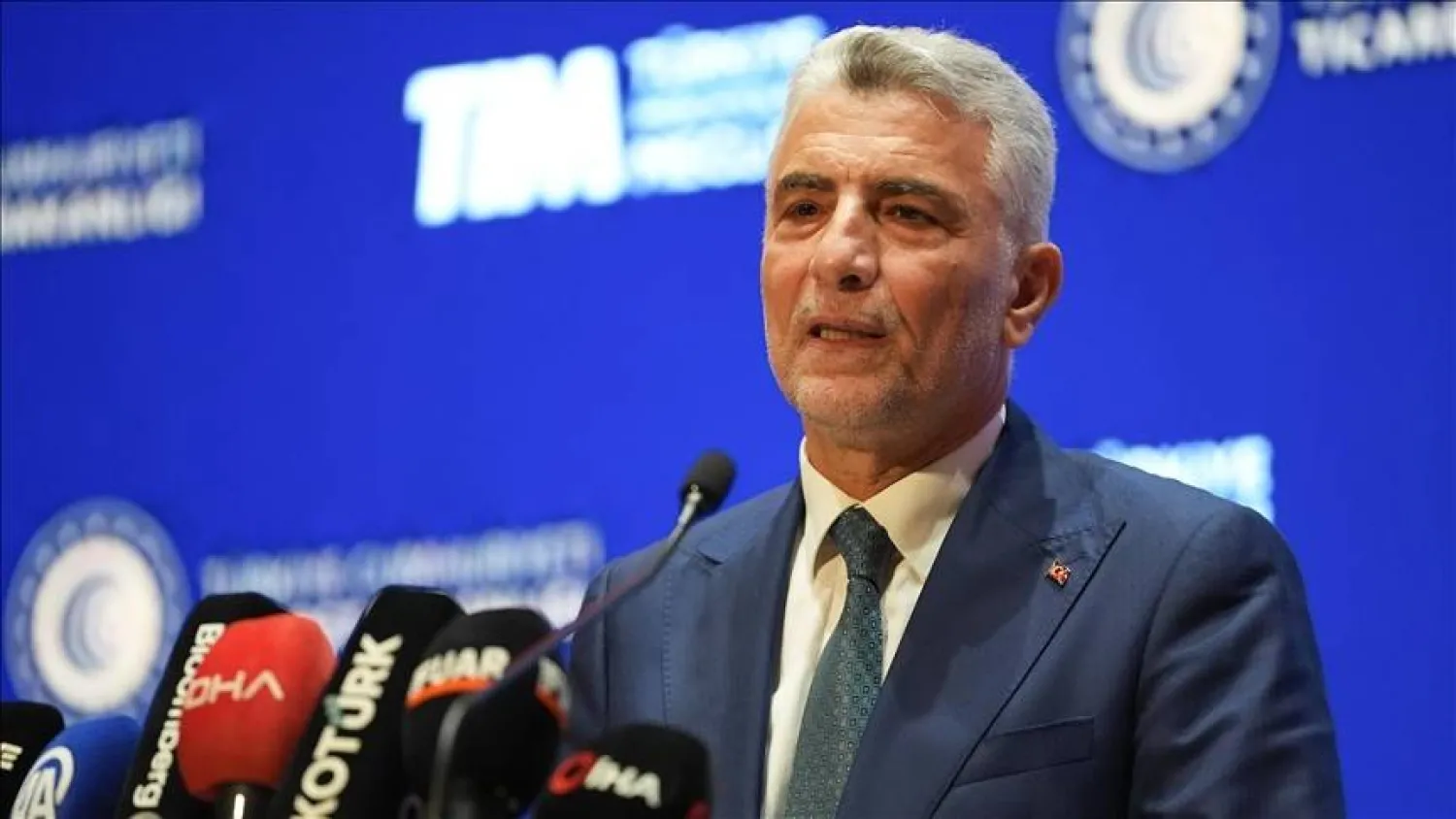Türkiye said on Thursday that a trade ban imposed on Israel last week will remain in effect until a permanent ceasefire and uninterrupted flow of humanitarian aid to Gaza are ensured.
“Israel’s claims of Türkiye lifting its trade ban are absolutely imaginary and have nothing to do with reality,” Turkish Trade Minister Omer Bolat said on X.
“The trade ban with Israel will remain in effect until our conditions are met to stop Israeli attacks on the Gaza Strip, to achieve a permanent ceasefire and to ensure the uninterrupted delivery of humanitarian aid to Palestinians in the strip,” he added.
Earlier on Thursday, Israeli Foreign Minister Israel Katz said Turkish President Recep Tayyip Erdogan had retreated on his earlier position and lifted many of the trade restrictions he imposed on Israel.
The Turkish presidency’s communications directorate denied Katz’ claims, saying they aim “to manipulate international public opinion.”
Early on Friday, the Turkish Trade Ministry said in a statement on X that it stopped all exports and imports to and from Israel last week, citing “worsening humanitarian tragedy” in the Palestinian territories.
Türkiye “will strictly and decisively implement these new measures until the Israeli Government allows an uninterrupted and sufficient flow of humanitarian aid to Gaza,” it added.
Turkish President Recep Tayyip Erdogan last Friday confirmed the annual trade volume with Israel was $9.5 billion.
“We consider this trade non-existent. We have started a new phase of severing trade relations,” he said.
The Turkish President added that the developments taking place by Israel against the Palestinians cannot be accepted. “So far, Israel has killed about 40,000 Palestinians... As Muslims, we cannot remain silent about these crimes,” he said.
On Thursday, Erdogan affirmed the importance of supporting initiatives to recognize the State of Palestine.
This came in a phone call with his Brazilian counterpart, Lula da Silva, according to a statement issued by the Turkish Presidency’s Communications Department.
The statement said the two sides discussed the Türkiye-Brazil bilateral relations, in addition to regional and international issues.
Erdogan then described Brazil’s stance on the Israeli atrocities in Palestinian territories as praiseworthy.









